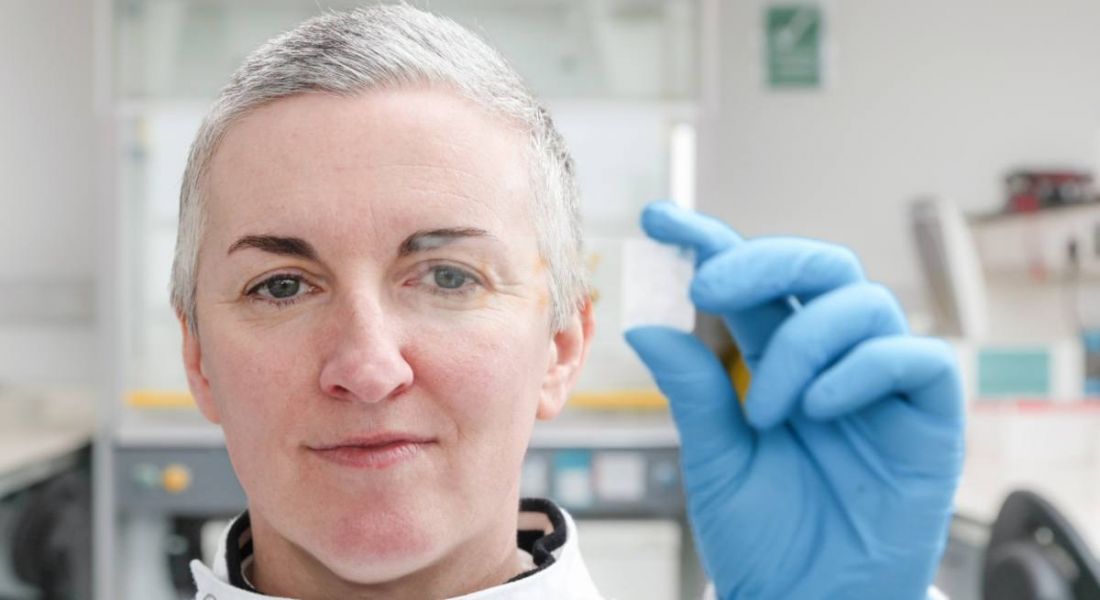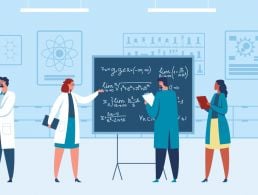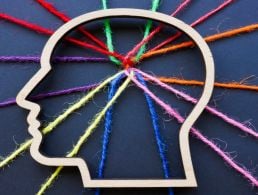Prof Eilís Dowd discusses how the right form of guidance at the right moment can have a tremendous effect on your career and how it led her to the field of neuroscience.
Prof Eilís Dowd has a busy career. She was the president of Neuroscience Ireland, Ireland’s official neuroscience society and president of the Network for European CNS Transplantation and Restoration.
Currently she sits on the executive committee of the Federation of European Neuroscience Societies, chairs the communications committee and is also the associate editor of Neuronal Signalling, section editor of the European Journal of Neuroscience and an editorial board member at the British Journal of Pharmacology.
She is also a lecturer in the Department of Pharmacology and Therapeutics at the University of Galway, where her main focus is brain repair in relation to Parkinson’s disease. Research and mentorship have had a significant impact on Dowd’s life, as much of her success can be traced back to, not only her own hard work, but having the support of a series of inspirational mentors, even in secondary school.
“From my very first class with Mr Dillon, in the Mercy Convent in Tuam, I was completely hooked on science,” she told SiliconRepublic.com.
“I remember the first time we titrated an acid (hydrochloric acid) and a base (sodium hydroxide), then let it evaporate. When he told me that the crystals left in the petri dish were of common table salt, I was so incredulous that he made me taste it. He was an incredible teacher and there is no doubt in my mind that his enthusiasm and wonder set me on the path to a career in science,” said Dowd.
Stay the course
Research and a thirst for knowledge are an ever-present in Dowd’s life. Growing up she dealt with a severe case of asthma and frequent bouts of tonsillitis, which resulted in a significant time spent out of school and a reliance on crucial medicines, particularly to aid her breathing during the night.
“That was the story of my childhood. When I learned how these drugs worked, how they alleviated my asthma attacks and prevented attacks from occurring, I was fascinated.” A deepening interest in how drugs affect synaptic transmission, that is the process by which neurons communicate with each other and with other cells in the body, led her to a career in neuroscience.
Dowd continued her education and work, successfully completing a PhD and a postdoctoral fellowship. However, she found she had become increasingly disenchanted. “A couple of years into my postdoctoral period, I became somewhat disillusioned with the science career path and was ready to pack it all in,” said Dowd.
It was during this time that Dowd met Prof Stephen Dunnett, whom she described as an inspirational scientist and human being. “I distinctly remember meeting Steve at a Society for Neuroscience mega-conference in San Diego, where I told him how I was feeling.”
“He said ‘come to my lab, give me two years and then decide’. Four years, two grants and ten papers later, I left Steve’s lab to take an academic position in Galway.”
Future of Parkinson’s research
For Dowd, the main challenge of her research is the utter complexity of the brain and the universally poor understanding of it. She explained, there are roughly more than 100bn neurons and 100bn glia in the human brain, forming 100trn synaptic connections. “We simply do not fully understand how all of these make us who we are and what happens to these in brain illnesses.”
“My research focuses on brain repair for Parkinson’s, specifically using adult stem cells to replace the neurons that have died in the condition. The stem cells are first derived from skin cells but can be converted in the laboratory into neurons for transplanting into patients’ brains.”
She noted however, that once transplanted into the brain, the majority of the cells, up to 99pc, don’t reach the necessary neuronal maturity required for the process to be a success. “Our work over several years has focused on developing a protective gel that can provide a microenvironment for cells to be nurtured, supported and protected after they are transplanted into the brain.”
“In our most recent research, we have shown that this gel dramatically improves the maturation of the stem cell-derived neurons in the brain as well as their reparative ability,” said Dowd. This is an exciting development as it has the potential to bring stem cell-derived brain repair one step closer to being a realistic treatment option for patients.
There is always more than one way
Dowd’s work has attracted significant attention throughout the years. Her research is funded by the Michael J Fox Foundation, a platform renowned for its efforts to eradicate Parkinson’s disease, as well as Science Foundation Ireland and the Irish Research Council. It was also featured in a short documentary ‘Feats of Modest Valour’ which won the Scientist Award at the Imagine Science Film Festival in New York.
Does she have any advice for building a successful career? “Everyone’s lives, experiences and motivations are so different. I always tell my students to get as many options as possible and then make up their own minds.”
“If they ask 10 people for advice, they will get 10 different opinions. The greatest advice I got when I was young was to follow what I loved, that is what led me into science all those years ago and what keeps me following that path to this day.”
Find out how emerging tech trends are transforming tomorrow with our new podcast, Future Human: The Series. Listen now on Spotify, on Apple or wherever you get your podcasts.




